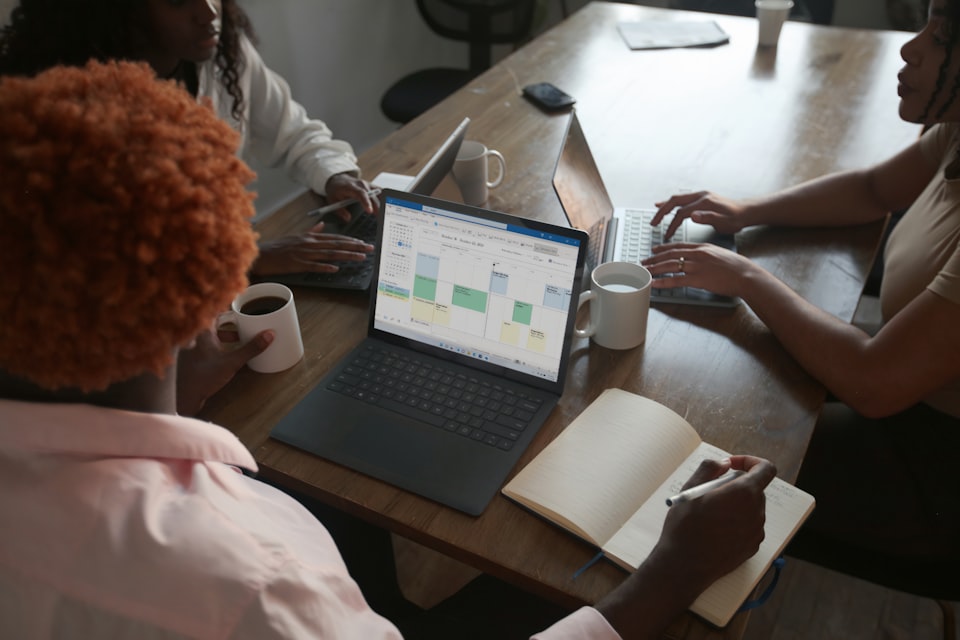Micro, Small, and Medium Enterprises (MSMEs) are the backbone of Nigeria’s economy — accounting for over 96% of all businesses and contributing significantly to employment and GDP.
In this article, we’ll break down:
✅ What qualifies as an MSME in Nigeria
✅ Key statistics & contributions of MSMEs
✅ Common challenges MSMEs face
✅ Government support programs for MSMEs
✅ Tools to help MSMEs grow — including invoicing & payment management
Whether you’re a business owner, aspiring entrepreneur, or policy enthusiast, this guide will give you valuable insights into the MSME landscape in Nigeria in 2025.
What Is an MSME in Nigeria?
According to the SMEDAN/NBS classification, Nigerian businesses fall into these categories:
| Category | Employees | Annual Turnover |
|---|---|---|
| Micro | 1–9 | Less than ₦5 million |
| Small | 10–49 | ₦5 million – ₦100 million |
| Medium | 50–199 | ₦100 million – ₦500 million |
MSMEs range from roadside vendors and tech startups to mini-importers and agro-processing companies.
Why MSMEs Matter in Nigeria
- Over 39 million MSMEs (SMEDAN Report)
- Employ over 80% of the country’s workforce
- Contribute ~50% to Nigeria’s GDP
- Drive innovation in sectors like fintech, agribusiness, fashion, and education
MSMEs are also key to tackling youth unemployment, expanding local production, and enhancing economic inclusion.
Key Opportunities for MSMEs in 2025
- Digital Adoption:
More MSMEs are using online tools — from Instagram shops to online invoicing platforms like ProInvoice — to streamline business operations. - Access to Markets:
MSMEs can now sell locally and globally through e-commerce platforms like Jumia, Flutterwave Store, and export trade channels. - Tech & Innovation:
Emerging sectors like renewable energy, digital services, and agri-tech are opening new frontiers for MSMEs. - Remote Work Culture:
Service-based MSMEs (like virtual assistants, designers, and marketers) can operate 100% online, reducing overhead costs.
Common Challenges MSMEs Face in Nigeria
Despite their importance, MSMEs often struggle with:
- Limited access to finance and credit
- Poor recordkeeping and financial management
- Lack of formal structure (no CAC registration, no invoicing system)
- Poor marketing strategies
- Unstable power supply and high operational costs
- Complex regulatory environment
Government and Private Sector Support for MSMEs
To address these issues, several programs exist:
✅ SMEDAN (Small & Medium Enterprises Development Agency of Nigeria)
Offers training, capacity building, and grants.
✅ Bank of Industry (BoI) MSME Loans
Special financing for startups and small businesses.
✅ CBN MSME Intervention Fund
Targeted funding support and entrepreneurship development.
✅ Lagos State Employment Trust Fund (LSETF)
Loans and funding for Lagos-based MSMEs.
✅ Private Platforms like ProInvoice
Helps MSMEs manage cash flow, invoice clients, and collect payments seamlessly.
Tools Every MSME in Nigeria Should Use
Running a business in 2025 without tech tools is a disadvantage. Start with:
✅ ProInvoice – For free professional invoicing & payment tracking
✅ Google Business Profile – To appear in local search
✅ Canva – For marketing materials
✅ WhatsApp Business – For customer communication
✅ Paystack or Flutterwave – To accept digital payments
Why ProInvoice is Built for Nigerian MSMEs
ProInvoice makes it easy to:
- Create professional invoices in minutes
- Send payment reminders
- Accept online payments
- Track customer records and cash flow
It’s simple, FREE to start, and made for Nigerian businesses.
Final Thoughts
MSMEs are not just important — they are essential to Nigeria’s economic growth and recovery.
To thrive in 2025 and beyond, every MSME must:
- Embrace digital tools
- Formalize operations
- Upskill regularly
- Leverage funding and partnerships
Whether you’re running a fashion brand in Aba or a logistics startup in Lagos, you are a critical part of Nigeria’s future.




![Best AI Invoice Automation Software for Small Business USA [2025]](https://proinvoice.co/wp-content/uploads/2025/08/ProInvoice-AI-Invoice.webp)








